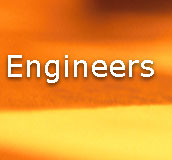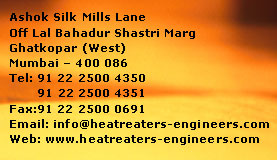|
NORMALIZING
The normalizing of steel is carried out by heating approximately 100o
F above the UCT (Upper Critical Temperature) followed by cooling in air to room temperature. Normalizing can be applied above the UCT for both hypoeutectoid and hypereutectoid steels. Figure 1 shows the normalizing temperatures.
|





